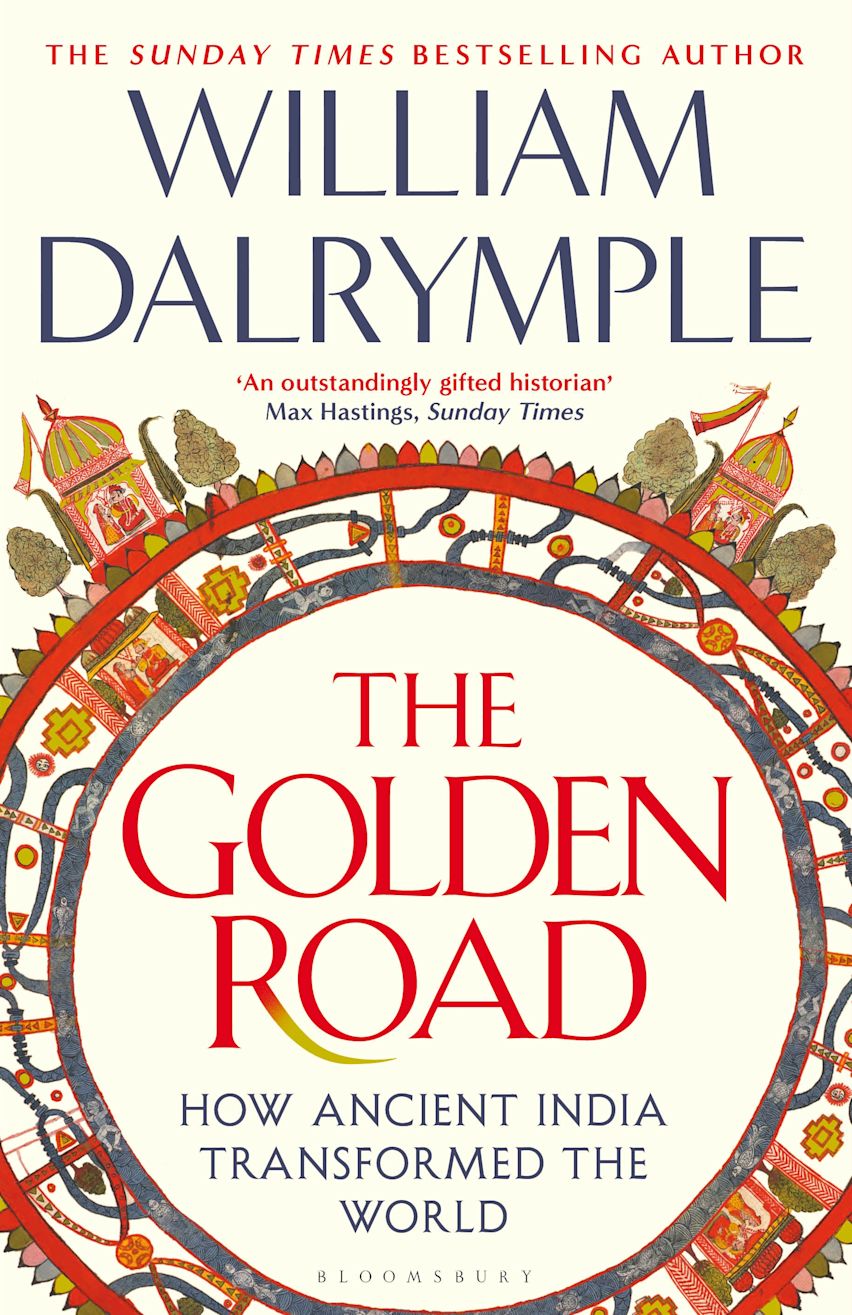The Churchill Complex: The rise and fall of the special relationship
Atlantic Books, $39.99 hb, 320 pp
All the way with POTUS
Because the United States was born in a revolution against Great Britain, the relationship between them, as the child decisively supplanted the parent, has remained key to world history for more than two centuries. Indeed, the ‘unspecialing’ of this relationship in recent decades, argues Ian Buruma, represents a psychological condition that British officials refuse to self-diagnose. He calls this the ‘Churchill complex’ – the persistent delusion, despite obvious evidence to the contrary, that US power requires British facilitation and approval. Winston Churchill began it; his successors have yet to escape it.
Buruma opens the book with his childhood encounter with Churchill in 1958, at the Scala Theatre in London, where Peter Pan was being performed. ‘The memory is a kind of audiovisual blur: a pale face in the spotlight, a pudgy hand emerging from a fur muff to make the V sign, and everyone around me, including my very patriotic British grandparents, breaking into wild applause.’ Like the prime ministers he describes, Buruma has been in thrall to him ever since. A young Dutch boy, Buruma saw that the ‘language of freedom was English’. Unfortunately, as his book documents, this attitude led recurrent British statesmen to believe the English were instrumental in what the author now describes as the ‘Anglo-American myth that I grew up with’. Even prime ministers not yet born were subject to its delusions.
Continue reading for only $10 per month. Subscribe and gain full access to Australian Book Review. Already a subscriber? Sign in. If you need assistance, feel free to contact us.










Leave a comment
If you are an ABR subscriber, you will need to sign in to post a comment.
If you have forgotten your sign in details, or if you receive an error message when trying to submit your comment, please email your comment (and the name of the article to which it relates) to ABR Comments. We will review your comment and, subject to approval, we will post it under your name.
Please note that all comments must be approved by ABR and comply with our Terms & Conditions.